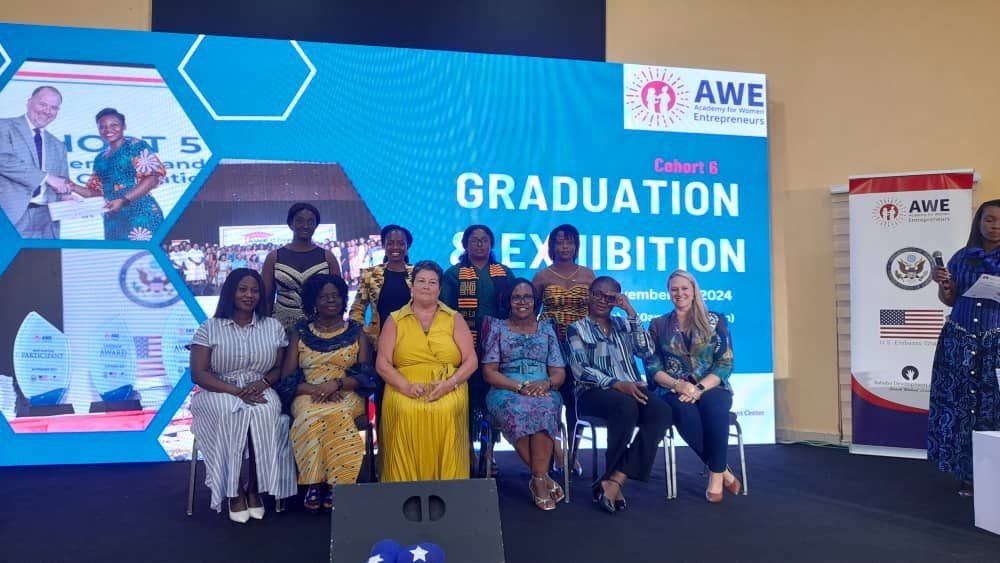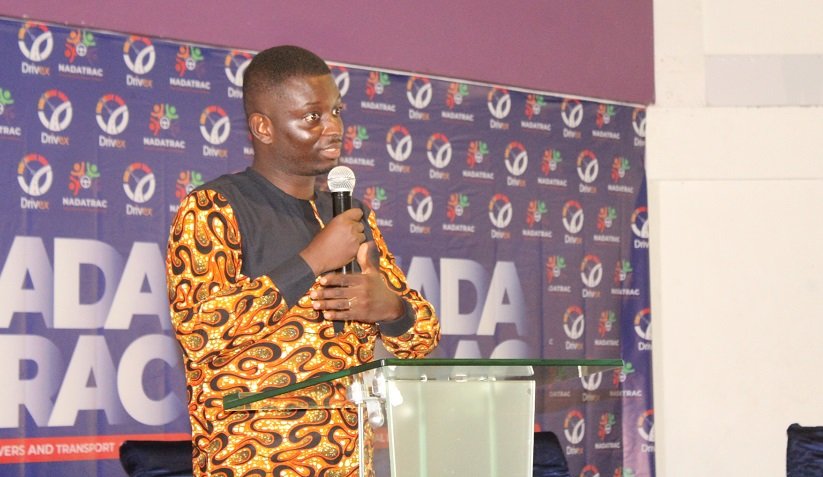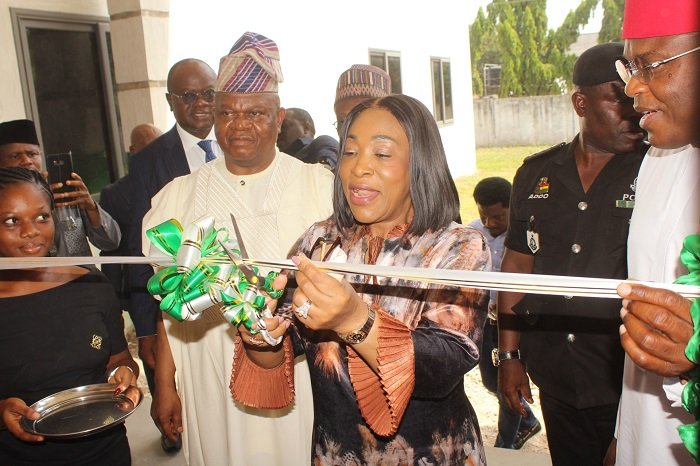ARTICLE AD
At least 34,000 positive new cases of Human Immunodeficiency Virus (HIV) were identified between the first and the third quarters of this year, the Programmes Manager of the National AIDS Control Programme, Dr Stephen Ayisi Addo, has disclosed.
These were identified through testing and screening activities conducted by the Ghana Health Service (GHS) this year, Dr Ayisi Addo stated, adding that, “already this year, we have started a series of activities, and we are going to build on that.“
The NACP Programme Manager made these known at the launch of this year’s World AIDS Day in Accra on Friday, which was marked with a candlelight procession in memory of those who had died as a result of getting infected with the virus.
He said, “between January and the third quarter alone, the number of people we identified as positives through our testing activities where we screened about 1.3 million people was 34, 000.”
The global theme for this year’s World AIDS Day is, ‘Take the right path,’ while the national theme is ‘Ending AIDS Together: Stepping up prevention efforts.’
According to him, the number of positive new cases identified despite the awareness created about the disease by GHS was a worry and required doubled effort in ensuring that AIDS was eliminated by 2030.
He also bemoaned the unwillingness of individuals who were infected with the virus to go for treatment, and therefore urged such individuals to visit health facilities for treatment to help reduce the spread of the virus.
Furthermore, Dr Ayisi Addo urged infected persons who were on treatment anonymously to avail themselves and freely receive their stock of the HIV commodities such as antiretroviral medication and condoms.
He called on all stakeholders, including civil society organisations, religious bodies, and community activists, to help in the awareness creation of HIV and AIDS in the country.
The Director General of the Ghana AIDS Commission (GAC), Dr Kyeremeh Atuahene, said GAC would intensify its awareness creation on HIV in order to increase its visibility in the eyes of the public as it remained a public health issue.
“It is important to do so because as a country, it appears we have forgotten that we are fighting an epidemic called HIV and AIDS. And because we have forgotten, we are not doing what we have to do to ensure that we actually defeat it,” he stressed.
Dr Atuahene noted that for the country to end HIV/AIIDS as a public health threat by 2030, individuals had to adopt protective behaviours such as abstinence from sex and the use of condoms.
The GAC Director General also outlined a series of activities to be held at the district, regional, and national level, including a grand durbar in Accra on December 2, 2024, to commemorate this year’s World AIDS Day.
In attendance at the launch were representatives from the Joint United Nations Programme on HIV/ AIIDS (UNAIDS), the Ghana Network of Persons Living with HIV/ AIDS (NAP+ GHANA), Ghana HIV/AIDS Network (GHANET), and civil society organisations
BY BENJAMIN ARCTON-TETTEY

 2 weeks ago
11
2 weeks ago
11 

